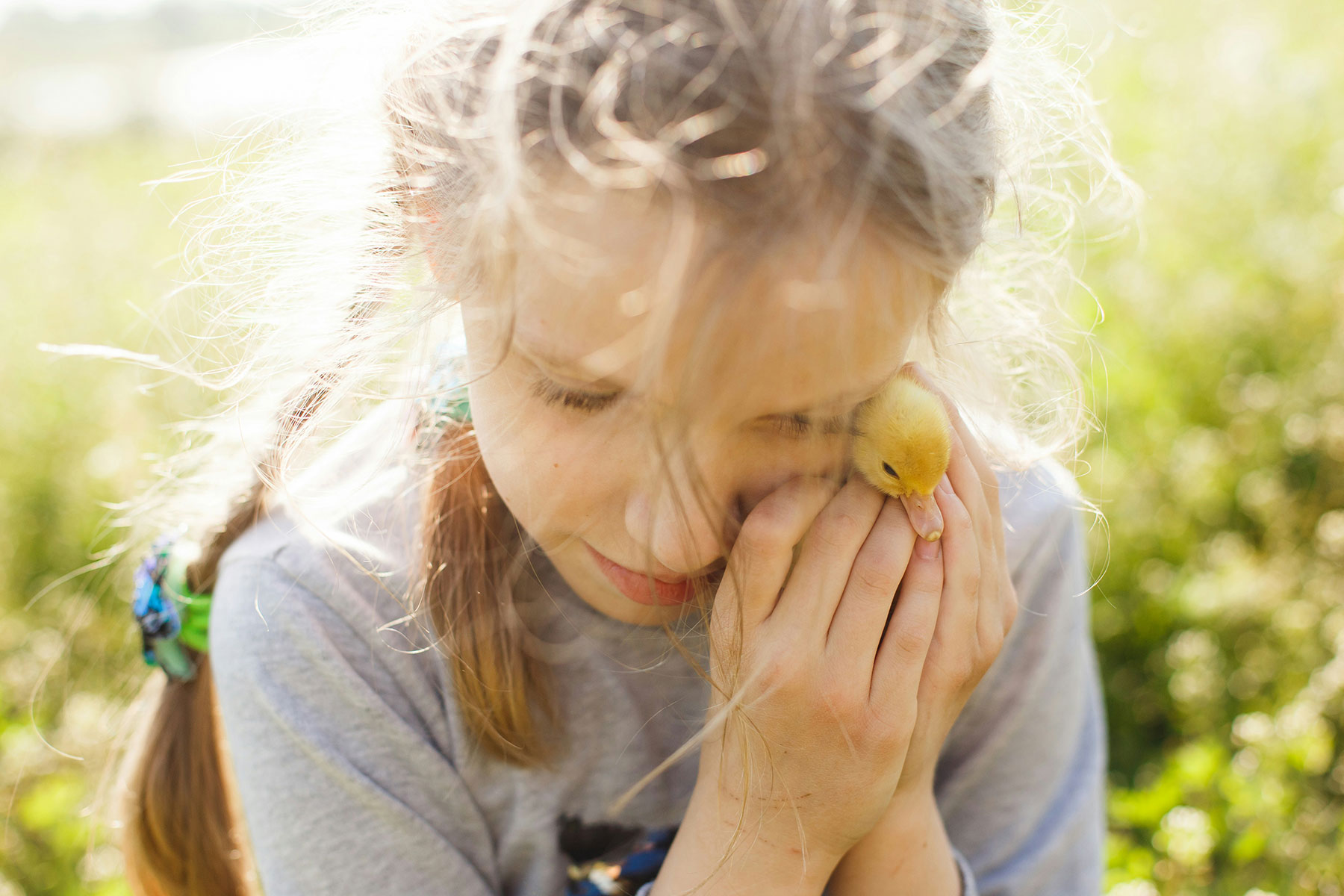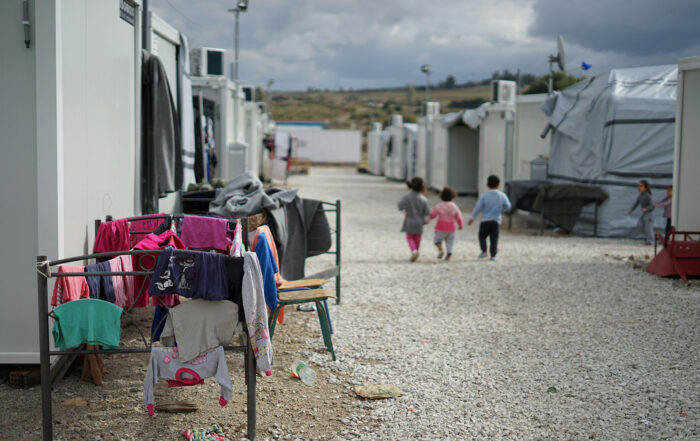
By The National Institute of Mental Health
Post-traumatic stress disorder (PTSD) is a disorder that develops in some people who have experienced a shocking, scary, or dangerous event. It is natural to feel afraid during and after a traumatic situation. Fear is a part of the body’s “fight-or-flight” response, which helps us avoid or respond to potential danger. People may experience a range of reactions after trauma, and most people recover from initial symptoms over time.
Those who continue to experience problems may be diagnosed with PTSD.
Share This Post!
Parent Guidelines for Helping Youth after the Recent Shooting
By The National Child Traumatic Stress Network The recent shooting has been an extremely frightening experience, and the days, weeks, and months following can be very stressful. Your children and family [...]
Two Professors Found What Creates a Mass Shooter. Will Politicians Pay Attention?
By Melanie Warner Each time a high-profile mass shooting happens in America, a grieving and incredulous nation scrambles for answers. Who was this criminal and how could he (usually) have committed [...]
13 Million Children Face Hunger Every Day – and the Problem is Worse During the Summer
By Move For Hunger There are 13 million children in America who don’t know where their next meal will come from. Throughout the school year, many participate in programs that provide [...]
Sexual Abuse of Children at Camp is an Epidemic:
By Mick S. Grewal Sexual abuse by camp counselors is a national epidemic, according to various organizations, including Crime Stoppers. Every year, nearly 10 million children attend summer camp. In 2018, CBS [...]
Trends in U.S. Emergency Department Visits Related to Suspected or Confirmed Child Abuse and Neglect Among Children and Adolescents Aged <18 Years Before and During the COVID-19 Pandemic — United States, January 2019–September 2020
By The C.D.C. Heightened stress, school closures, loss of income, and social isolation resulting from the coronavirus disease 2019 (COVID-19) pandemic have increased the risk for child abuse and neglect (1). [...]
Behind the Term: Trauma
By U.C. Berkeley The term “trauma” can mean different things, depending on the context. Semantically, trauma refers to an experience or event; nevertheless, people use the term interchangeably to refer to either [...]







